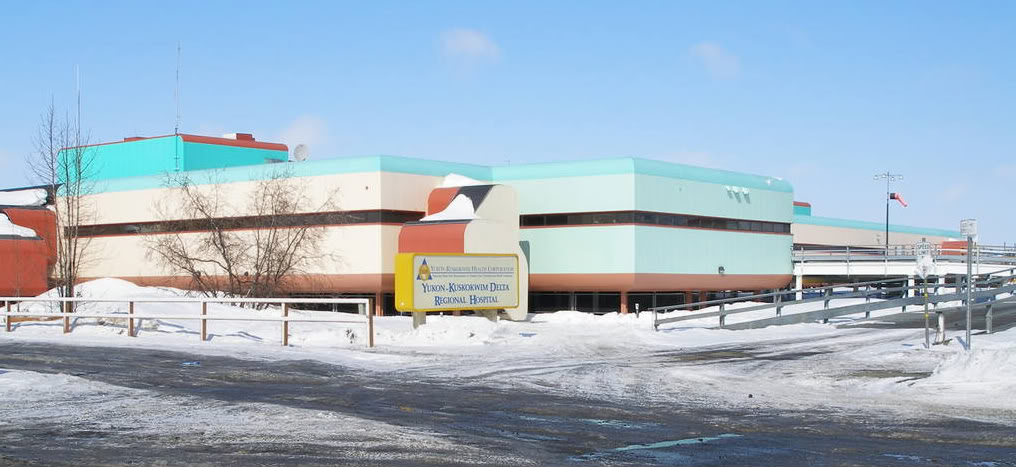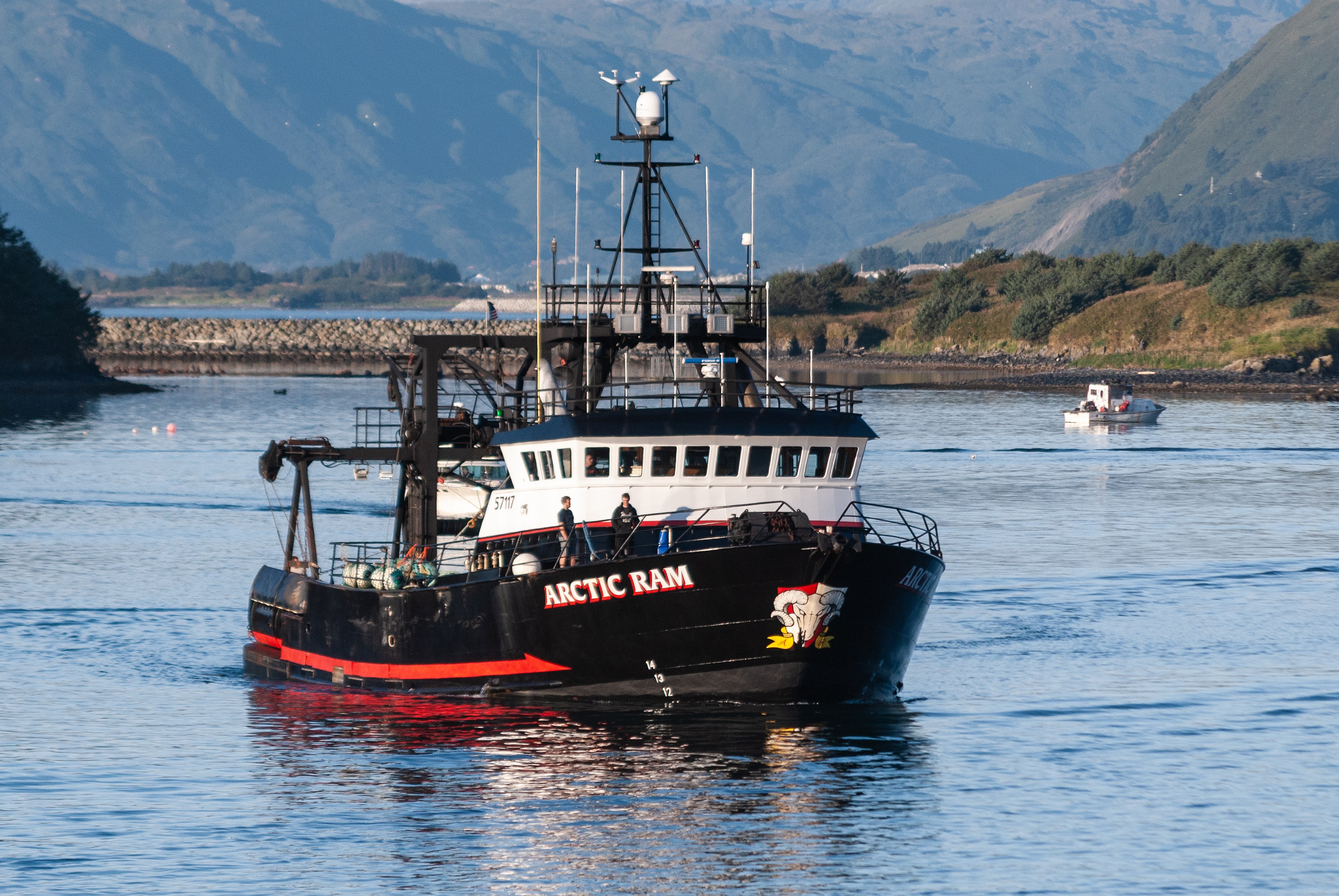As rural Alaska reports its first COVID-19 case, concerns over summer fisheries rise
The first rural case, in the Yukon-Kuskokwim hub of Bethel, raises fresh fears about how upcoming fisheries could threaten remote communities.

The coronavirus pandemic has reached rural western Alaska, and as the illness spreads, worries are increasing about the crowds of summer fishery workers expected in remote coastal communities.
The first western Alaska case was reported in Bethel, the hub community for the mostly Yup’ik Yukon-Kuskokwim Delta region. The case, one of the 22 new cases reported Tuesday by the Alaska Department of Health and Social Services, was travel-related, state officials said on Tuesday, and the patient has been isolated and is quarantining at home.
“We are working closely with the Yukon-Kuskokwim Health Corporation and local public health nursing staff to identify people who may have been exposed to this person and offer appropriate testing, isolation, and quarantine guidance,” Dr. Joe McLaughlin, Alaska’s state epidemiologist, said in a statement. “We are making every effort to respond earnestly to this situation to prevent COVID-19 from spreading in the region.”
But the appearance of the disease in rural Alaska, where medical facilities are sparse, has heightened concerns about the safety of the fishing industry. The industry is deemed “essential” and is among the industries that state officials say should continue to operate despite the coronavirus emergency.
Alaska’s health commissioner said the state is working with all sectors of the industry and with local communities to ensure that upcoming seafood harvest and processing work is safe. It is important that “individuals coming in understand that we want to make sure we protect Alaskans, and If we can’t do that in a safe way, then we’re going to have to find an alternate means to actually deliver this work,” Adam Crum, commissioner of health and social services, said Tuesday at Gov. Mike Dunleavy’s daily coronavirus news conference.
Alaska Airlines, which has announced plans to provide in-state service to replace some of the flights lost when newly bankrupt carrier RavnAir ceased operations, said it will put special focus on the fishing industry as it ramps up for summer harvests.
The airline said in a statement it will increase service to the Aleutian Islands region and it is working with seafood processors to arrange charter flights “to ensure critical work force movements during this period of reduced air service.”

Crum said it is possible to operate the industry safely during the pandemic. Some Bering Sea fisheries have been ongoing through the period, and there are thousands of people who have been working in the industry for a few months at the Aleutian island of Unalaska, he said at the news conference.
The nonprofit Bristol Bay Regional Seafood Development Association said it expects “to execute a summer salmon season without risking public health,” but that strict safety protocols must be followed. The association asked fishermen to delay their arrival in the region and said any out-of-state fishermen need to quarantine for 14 days.
People in some Bering Sea communities remain worried, however.
The city of Dillingham and the Curyung Tribal Council have asked the governor to consider closing the entire 2020 Bristol Bay salmon fishery, a harvest worth hundreds of millions of dollars.
The gatherings of fishermen and fish-processor workers are too risky, the city and tribe said in a letter sent to the governor on Monday.
While seafood companies are trying to develop plans to keep processing workers safe and away from the community, none of the plans offered so far are likely to be effective at avoiding disease spread, the April 6 letter said. “There is no way to prevent a potential mass disease situation when a few hundred people are in close proximity with each other,” the letter said.
The fishermen who are coming to the region will number in the thousands and their movements in the communities will be impossible to control, the letter said.
The one sure thing is the fish, the letter said. “They will come.”
Farther north in the Bering Sea region, a Nome-based nonprofit tribal organization has come up with a creative way to fight the disease,
Kawerak Inc.’s environmental program has repurposed oil-spill-response kits into protective gear for health clinics around the Bering Strait region. The kits include protective suits, goggles and gloves, and they have been sent to 15 villages, Kawerak said.
Supplies are heading to villages from another source. A North Carolina-based religious organization, Samaritan’s Purse, delivered about 17,720 pounds of medical supplies to Alaska on Monday. The supplies, which include beds, masks and gowns, will be delivered to rural Alaska, Crum said at the news conference. They are headed to eight hub communities, from which they will be sent to outlying villages, he said.